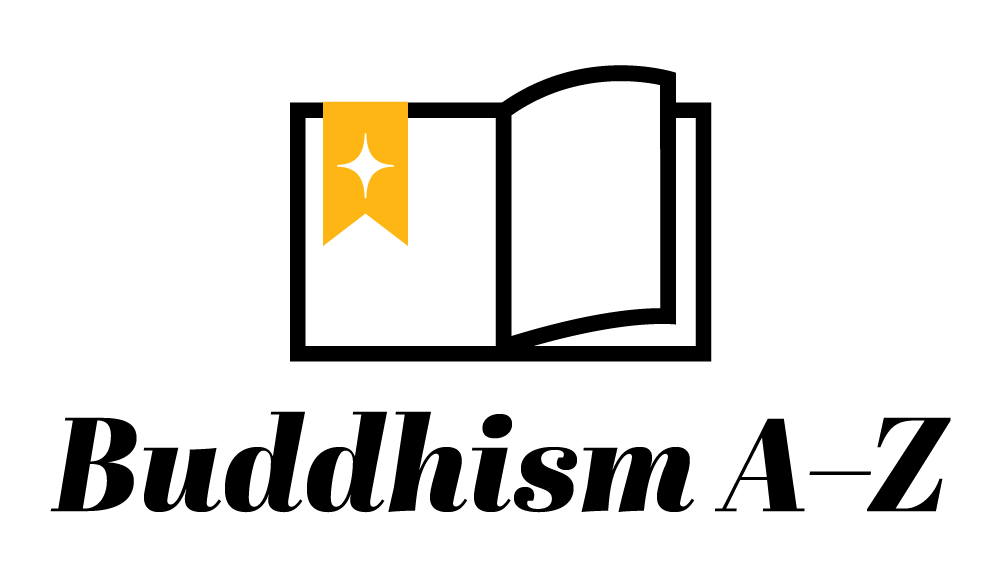The five skandhas are the components that make up our individual self or being. They are: form, feeling, perception, mental formations, and consciousness. The Sanskrit word skandha literally means “heaps,” and the skandhas are also known as the five aggregates. This reflects the central Buddhist teaching that the individual or illusory self has no permanent soul or essence and is merely an aggregate, or “heap,” of different parts that inevitably disintegrate. The five skandhas are:
1. Form
The material or physical aspect of existence. Form encompasses the physical body and the sense organs through which we perceive the external world. Traditionally, these are listed as the eyes, ears, nose, tongue, body, and mind.
2. Feeling
The feelings or sensations that arise in response to our experiences, including all pain and pleasure. These feelings can be pleasant, unpleasant, or neutral.
3. Perception
The mental process of recognizing, identifying, and interpreting sensory information. Perception involves conceptualizing and categorizing our experiences using the information gained by our five senses.
4. Mental Formations
This includes all our mental activities, including thoughts, emotions, attitudes, intentions, and habitual tendencies.
5. Consciousness
Consciousness is the subjective knowledge that arises in recognition of the other four skandhas. Simply put, this is your awareness of skandhas one through four.
Like all conditioned or compound phenomena, the five skandhas are impermanent and subject to change and decay. Understanding the nature of the aggregates helps us to realize the insubstantial and impermanent nature of the self and leads to the insight of no self (anatta), which is the foundation of the Buddhist path to liberation.
Related Reading
How the Five Skandhas Build Our Sense of Self
We assemble the thing we call "self" ourselves, according to Buddhist psychology. Gaylon Ferguson breaks down the five-step process of ego development.
Buddhism A–Z
Explore essential Buddhist terms, concepts, and traditions.


